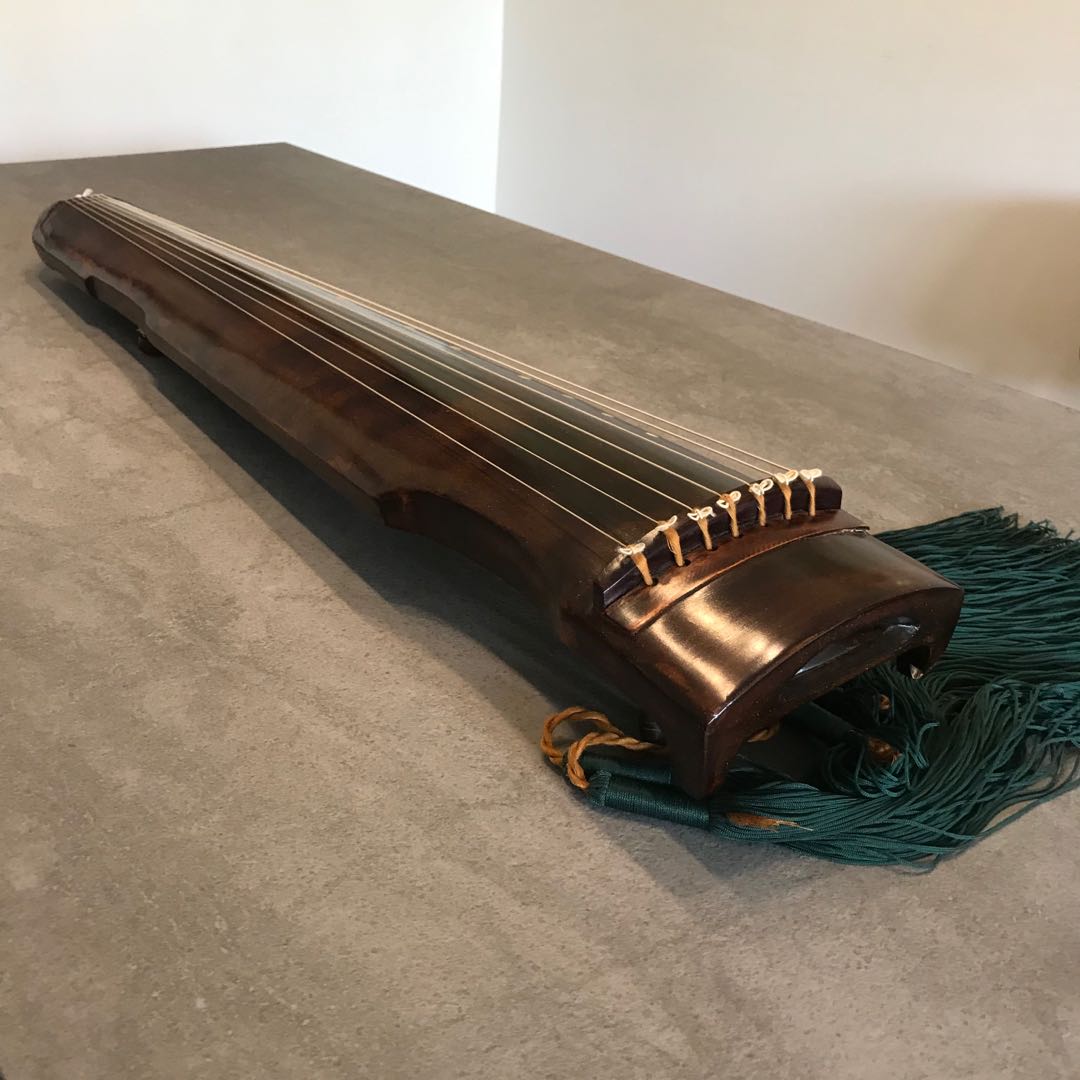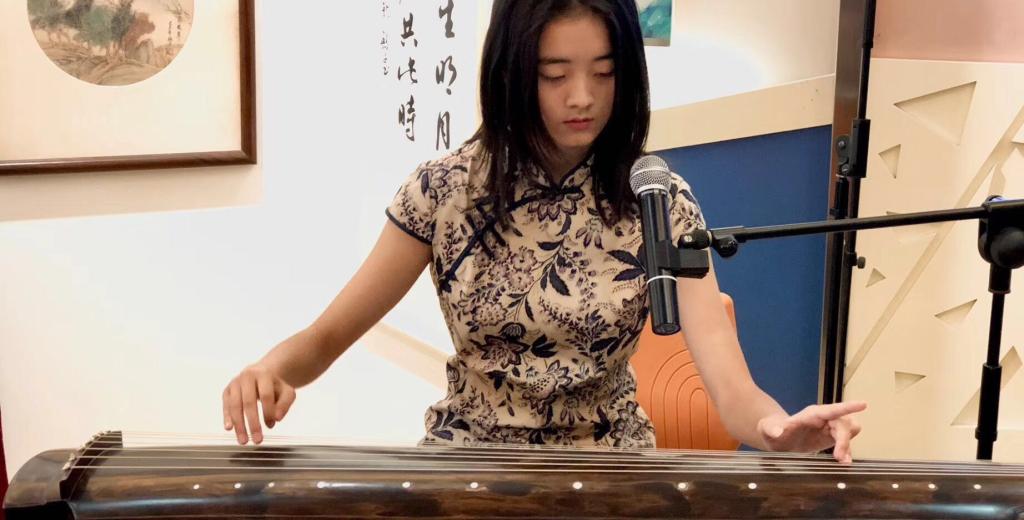-
ABOUT US
-
ACADEMICS
Curriculum Program
Departments
- English
- High School Chinese
- Primary and Junior School Chinese.
- High School Mathematics
- Middle School Mathematics
- Primary School Mathematics
- Music and Fine Arts
- Physical Education
- Physics
- Chemistry
- History and Geography
- Physical Science and Optional courses Department
- Middle School Biology
- High School Biology
- Social Sciences
- Computer Science
- Courses in Primary School
Achievements and Matriculations
College Counseling
Science & Technology Innovation Contest
-
ARTS
-
ATHLETICS
-
AT SHSID
SHSID ∣ TIMES
PTSA
Club Exhibition
- 龙吟社
- Live 2 Drama
- Choir
- Hip-pop Dance Club
- The Primary School Dance Troupe
- Symposiums Club
- Biology Workshop
- You Shan
- VEX Robotic
- Peking Opera Club
- Baseball Club
- Model United Nations
- The World Scholar’s Cup
- Future Problem Solving Club
- United States Academic Pentathlon
- OM Club
- AMC Club
- Music for Patients
- SHSID Gazette
- Smile Charity
- Cultural Moments
- SciAcademy
- Stem Doge Alliance
- Chinese Debate Club
- IAA
- Mock Trial Club
- Zhengming Club
- Art-to-zine
- Bananaheads
- Electronics
- Furry Friends
- GT-Racing
- MCG Philharmonics
- Village Radio
- IMMC Club
- Creative Design and Intelligent Fabrication
- Future City Research Project
- ECOCAP
- AdvocaSEA
- SPDC
- Medishine
- Floorball Club
- Animusic MTC
- Wings Up
Health and Wellness
Campus Safety
Cafeteria Service
-
ADMINISTRATION
-
ADMISSIONS
-
ALUMNI
Alumni Information
Honors Students
- Class of 2024
- Class of 2023
- Class of 2022
- Class of 2021
- Class of 2020
- Class of 2019
- Class of 2018
- Class of 2017
- Class of 2016
- Class of 2015
- Class of 2014
- Class of 2013
- Class of 2012
- Class of 2011
- Class of 2010
- Class of 2009
- Class of 2008
- Class of 2007
- Class of 2006
Who Studied at SHSID
SHS Foundation
-
DOCUMENTS
Grade 10: Sharing about Musical Experience
In the second week of June, Lillian from 10(5) shared her experience in music with the peers. Lillian grew up around music. Music and family have never been separate as far as she is concerned. Most of her family members are engaged in music, and naturally she started learning music at an early age. The best teacher was provided, yet she never stayed focused in the early stages. When she grew a bit older, she realized this was a heaven-sent chance. While she strongly resisted her piano learning as a music foundation, she found joy in children’s choir. Later, she became earnest in her Gu Qin study, a 7-string zither instrument, passed on through the family.
Lillian started taking piano lessons at the age of 5 or 6 as her family insisted. Her teacher was a highly reputable music educator and a family friend who had to constantly drag her wandering mind back to the keyboard. The teacher was strict, and the 4 years of piano lessons laid a good foundation for her. Because of her piano teacher’s health condition, Lillian stopped taking piano lessons and joined a city children’s choir. They participated in quite a few interesting performances including the World Peace Choral Festival in Vienna in 2014. She experienced great joy during the choral years until 6th grade, when her vocals prevented her from singing for the children’s choir.
By 7th grade, Lillian started learning Gu Qin regularly. Gu Qin is a cultural heritage instrument. Her grandpa and aunt are noted performers of this special instrument. Gu Qin is hard to learn and not widely recognized by the general public. Without a professional amplification system, it is even harder to perform on a stage because of its quaint tones. While her fellow students play piano, guitar or violin, Lillian felt awkward about performing with this unpopular instrument. She kept it to herself and shared her skill with the family. Tranquility and steadiness are key qualities while playing Gu Qin. She learnt to calm down after a busy school day while practicing. Her grandpa told her the history of Qin, explaining the special Gu Qing notes and showing different performances by different schools through history. The melody might not be as full as other instruments, but Gu Qin tells stories between the strings’ twists and turns. While mastering the skills through practice, one also tastes the story behind it. Lillian started from short verses and string songs to complicated classical tracks like “Three Stanzas of Plum Blossoms” and “Wild Goose on Calm Sand”.
In 2018, a student of Lillian’s grandpa, Helen Rees from the UCLA Music Department, was writing a biography on her grandpa to record his life and art. Lillian was very fortunate to participate and assisted her in reorganizing Gu Qin notes and some historic photographs. Meanwhile, a documentary film was shot. She witnessed the set and work being done. Lillian will continue her Gu Qin study, making progress in both skill and performance. She will look up to the family talents and put in more effort.


(Written by Lillian Dai Pictures by Lillian Dai Supervised by Xie Junyu)